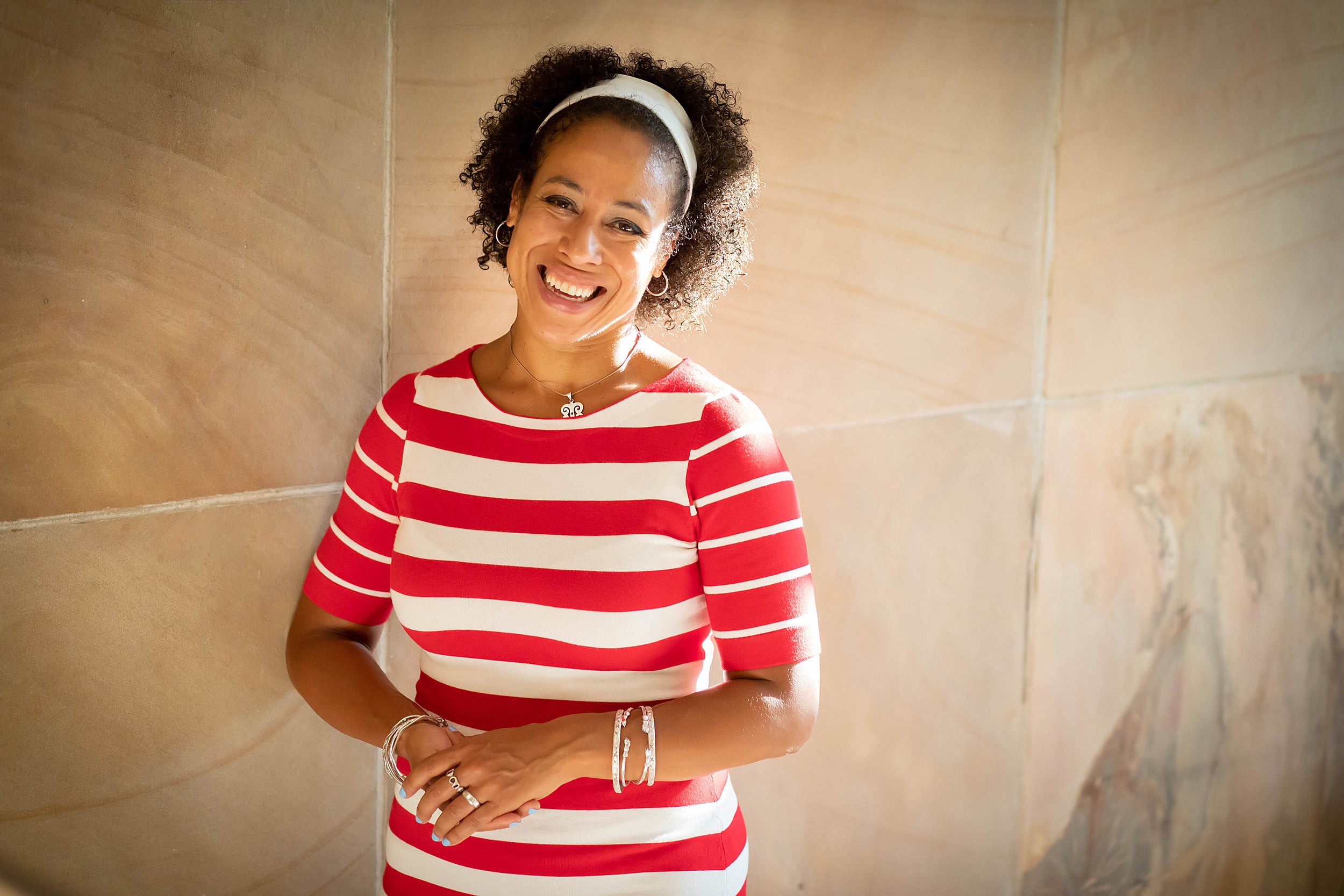Ancient records of Bering Strait flooding offer fresh insights
Tamara Pico, a postdoctoral fellow, is using records of flooding in the Bering Strait to make inferences about how the ice sheets that covered North America responded to the warming climate, and how their melting might have contributed to climate changes.
Feb. 26, 2020 • ~6 min
Researcher looks at plaque to gain insight about the past
Christina Warinner says ancient dental plaque offers insights into diets, disease, dairying, and women’s roles of the period.
Nov. 19, 2019 • ~11 min
How humans’ sense of ‘intuitive physics’ touches fictional worlds
A Harvard study is exploring the way humans’ sense of “intuitive physics” of the real world leaves fingerprints on the fictional universes we create.
Nov. 14, 2019 • ~8 min
Gene flow between butterfly species offers clue to biodiversity
An analysis of 20 butterfly genomes found evidence that many butterfly species — including distantly related species — show a surprisingly high amount of gene flow between them, Harvard researchers found.
Oct. 31, 2019 • ~6 min
Built for distance and speed, Tunabot can illuminate how fish move
Scientists from Harvard and the University of Virginia have developed the first robotic tuna that can accurately mimic both the highly efficient swimming style of tuna, and their high speed.
Oct. 23, 2019 • ~5 min
Harvard scientists use optical tweezers to capture ultracold molecules
Using precisely focused lasers that act as “optical tweezers,” Harvard scientists have been able to capture and control individual ultracold molecules – the eventual building-blocks of a quantum computer – and study the collisions between them in more detail than ever before.
Oct. 2, 2019 • ~6 min
Online Music Lab studies questions of melody and humanity
Samuel Mehr has long been interested in questions of what music is, how music works, and why music exists. To help find the answers, he’s created the Music Lab, an online, citizen-science project aimed at understanding not just how the human mind interprets music, but why music is a virtually ubiquitous feature of human societies.
Sept. 12, 2019 • ~6 min
Study shows that students learn more when taking part in classrooms that employ active-learning strategies
A new Harvard study shows that, though students felt like they learned more from traditional lectures, they actually learned more when taking part in active-learning classrooms.
Sept. 4, 2019 • ~8 min
Harvard study: Artificial neural networks could be used to provide insight into biological systems
Martin Haesemeyer set out to build an artificial neural network that worked differently than fish’s brains, but what he got was a system that almost perfectly mimicked the zebrafish — and that could be a powerful tool for understanding biology.
Aug. 27, 2019 • ~6 min
/
7

